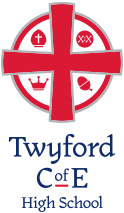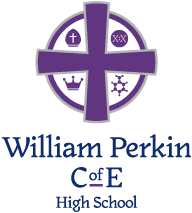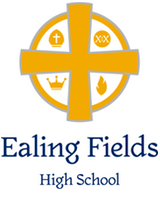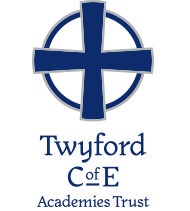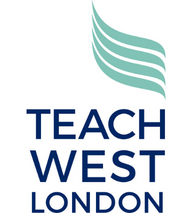A Community which Cares
Student welfare is managed through our Pastoral System. The pastoral system at Ada Lovelace CofE High School places students in form groups which is their home community. Each tutor group has a form tutor who will stay with them all the way through the school and who acts as the first point of contact in issues relating to student wellbeing. They also have a Head of Year and a Head of Key Stage who guide the year group through the new challenges of each school year and whose job it is to ensure that every student does well. Our pastoral teams pride themselves on knowing their students well as individuals and caring for their progress. Students are also strongly encouraged to take responsibility for each other. The Learning and Inclusion Department will offer mentoring, counselling, literacy & numeracy support as well as a range of personalised programmes.
Responsible behaviour within the school community also shapes our relationship with the wider community.
Enterprise
The Ada Lovelace ethic is to be enterprising. We give students the opportunity, within class and through extra-curricular programmes to be innovative and imaginative. The story which we utilise to exemplify our attitude to enterprise is the Parable of the Stewards. A spirit of enterprise will become very important to our students as they move into upper school and think about their own future pathways. Programmes of speakers from industry and Higher Education encourage students to think about the direction they would like to take and the initiatives they may want to develop to ensure they are well positioned for future success. All students will undertake work experience in Year 10 and will be expected to consider work placements after GCSE.
Engagement & Celebration
The Twyford Trust ethic is one of high engagement. Our Trust motto is ‘I have come that you should have life and life in all its fullness’ (John 10:10). Our school day is a very full one and also includes after-school clubs as part of the extended elective programme. Successful students learn to make very productive use of their time and seize every opportunity to develop themselves fully. From Year 7, students learn that to be fully engaged is how to get more out of life. Heads of Year take the lead in ensuring that all students engage with the wider life of the school as well as making very good progress academically. Each half-term ends with a celebration assembly – but achievements are also given a high profile through weekly Head of Year Assemblies. Termly Celebration of Learning events are also organised for parents to engage with student successes.
Students at Ada Lovelace CofE High School all belong to a House in order to foster a sense of wider belonging within the school and to ensure that students work together to build a community which cares.
The Ada Lovelace House System focuses on our Digital Specialism where each house is named after a famous mathematician or scientist:
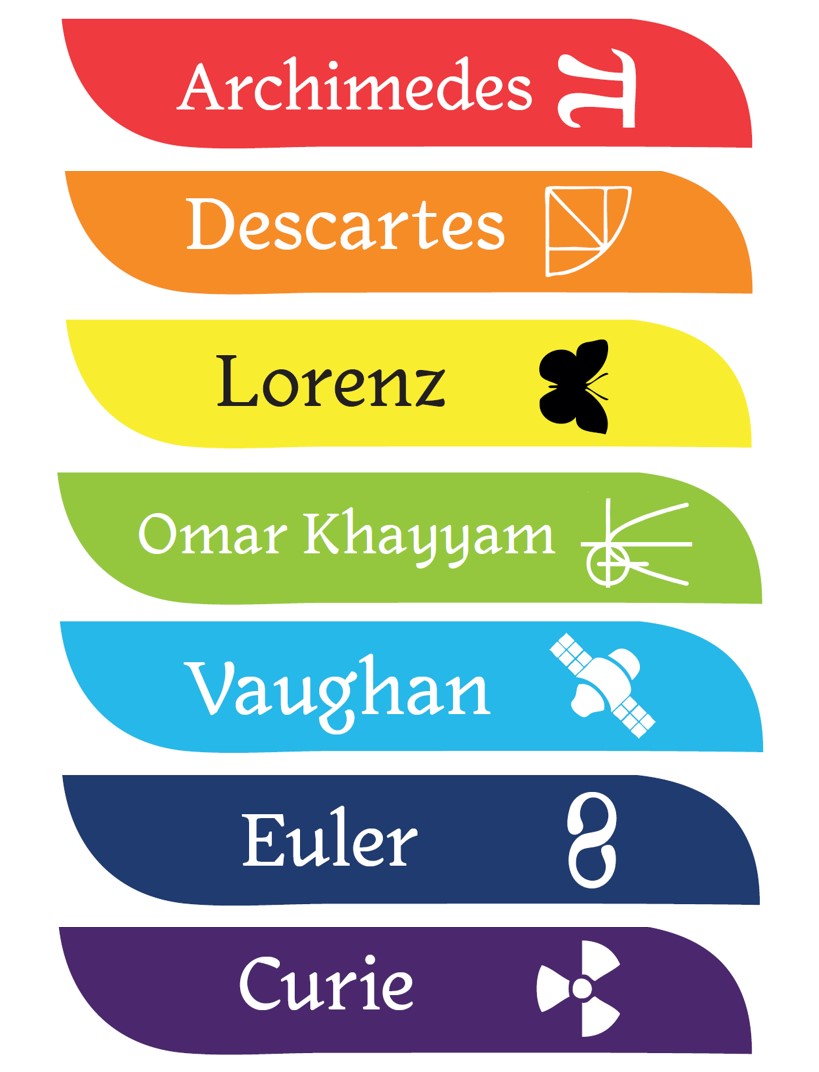
Students are encouraged through conduct points and inter-house competitions to serve their immediate community: their house. A clear system of positive and negative conduct points helps staff reinforce expectations for good conduct. There is a series of house competitions in sport, music and curriculum areas to develop a positive sense of competitive collaboration. Points gained by individuals are also points gained for the house.
Each house undertakes fundraising for its own named charity through 'enterprise days' where students are expected to work together in a business-like way on projects to promote the work of its charity and to raise money on their behalf. The student council are currently reviewing the charity links and these will be updated in due course.
- Archimedes - Great Ormond Street Hospital
- Descartes - Blueprint for All
- Lorenz - St Mungo Community Housing Association
- Omar - Friends of the Earth
- Vaughn - Refugee Action
- Euler - Alzheimer's Society
- Curie - Equality Now
The aim for pastoral curriculum is to prepare and position students to deal with the personal, social & spiritual challenges of their future pathways and is true to our Christian identity.
SMSC is delivered through assemblies, tutor times, pastoral workshops, wider learning/electives & RE lessons. Where possible we use story to explore and explain. Throughout their time at school, students maintain a portfolio of evidence in order to self-evaluate their own progress towards these targets and their acquisition of the Twyford Trust Learning Skills.
The SMSC policy for the Trust has further information.
The design of the Pastoral Curriculum will support students to achieve pastoral outcomes as well as the individual targets which they will set for themselves including at students’ annual target setting meeting. They will acquire knowledge in areas related to their personal welfare & wellbeing including careers and social awareness which will enable them to develop as good citizens with a well-developed spiritual and moral compass. Central to this is self-evaluation. We are able to get the students to do this via the development of a ‘personal portfolio’ to go alongside a set of frameworks for self-assessment.
The programmes fall into an upper and lower school section: the lower being about ‘myself and others’ and the second about ‘walking with purpose’. We have consciously used stories from Christian tradition as the framework for the programme as we are a Christian school. The pastoral programme taught in tutor time is supplemented and supported by Pastoral Workshops, which form part of our PSHE curriculum, to support students to understand themselves in relation to the society in which they live.
Overall, therefore the pastoral programme seeks to help every child gain a secure hope and a future. It uses the development of reasoning and critical reading to ensure:
- Students develop their own spiritual understanding and interpretation of the Christian tradition through Bible stories & the stories of other faiths & peoples.
- Students use those stories to develop a deeper understanding of themselves and their own moral framework.
- All members of the tutor group form social relationships with each other which are supportive, positive and based on common stories.
- Students are supported to critically engage with and place themselves in relation to contemporary cultural and PSHE issues.
Pastoral Programme
